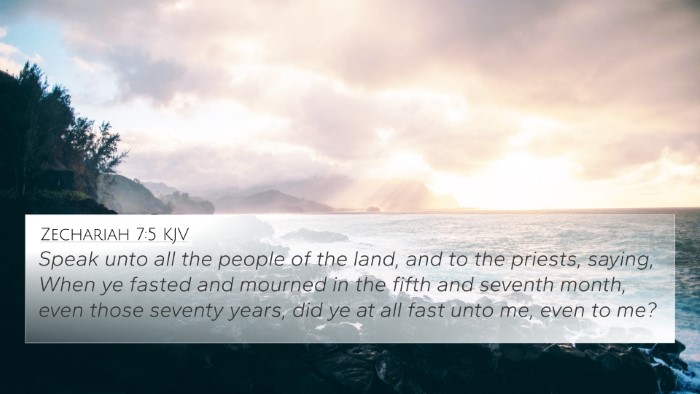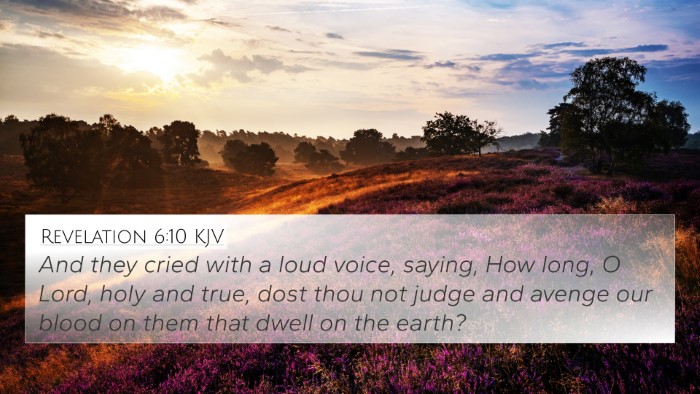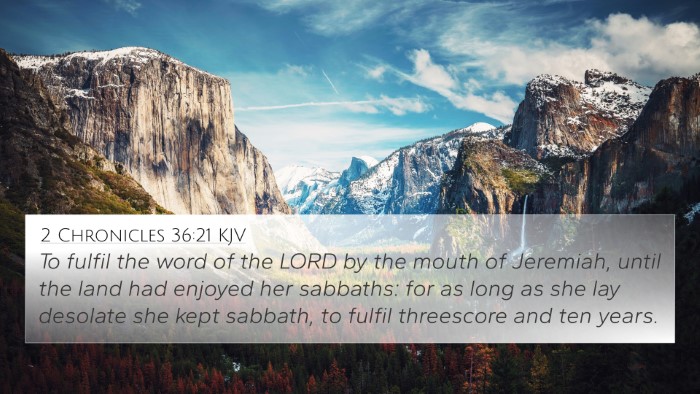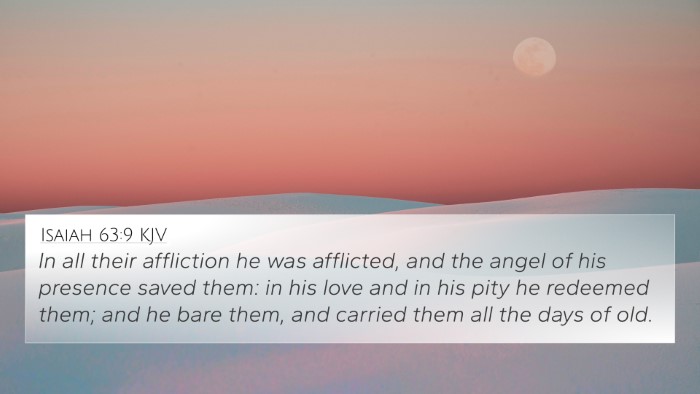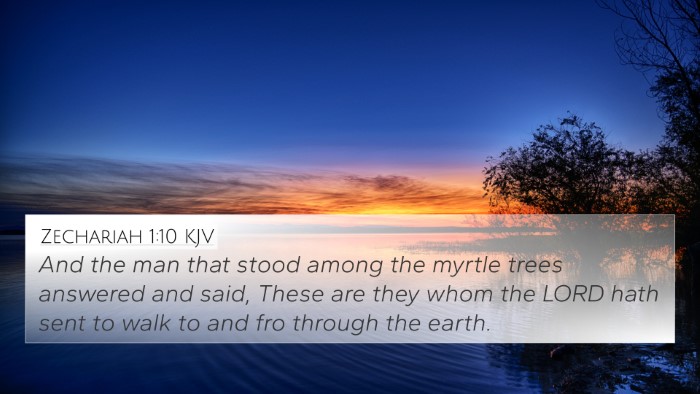Understanding Zechariah 1:12
This passage from Zechariah speaks to the profound relationship between God's people and divine compassion. In Zechariah 1:12, we see the angel of the Lord asking the Lord how long He will refrain from showing mercy to Jerusalem and the cities of Judah. This inquiry reflects deep concern and a plea for God's intervention. A thorough understanding of this verse can be enriched through various public domain commentaries.
Commentary Insights
According to Matthew Henry, this verse underscores the urgency of divine mercy. Henry notes that the question posed by the angel signifies a longing for restoration and relief from oppression experienced by the people. It emphasizes God's faithfulness to His covenant and His people, assuring them that despite their current trials, His compassion remains steadfast.
Albert Barnes expands on this perspective by analyzing the significance of Jerusalem and its cities as symbols of God's covenant community. Barnes highlights that the angel's appeal reflects not only the people's suffering but also God’s desire for their restoration. He suggests that the delay in mercy is not a sign of abandonment but rather a moment to refine and prepare the people for the coming blessings.
Adam Clarke adds a historical context, interpreting the verse within the framework of the Babylonian exile. He emphasizes the longing of the Jewish exiles for return and restoration to their homeland and the temple. Clarke mentions that God's delay in showing mercy is framed within His divine plan, intending to bring about greater good and spiritual renewal.
Cross-References
To deepen understanding, several Bible cross-references can be drawn from Zechariah 1:12 that reflect similar themes of mercy, restoration, and divine concern:
- Isaiah 54:7-8 - Highlights God's momentary abandonment but enduring mercy.
- Lamentations 3:22-23 - Speaks of God's unfailing compassion and faithfulness.
- Jeremiah 29:10-14 - Assurance of restoration after a period of exile.
- Haggai 1:14 - God's stirring of the spirit for the completion of the temple, reflecting His ongoing work among His people.
- Malachi 3:6 - Affirmation of God's unchanging nature, based on His covenantal faithfulness.
- Psalms 102:13 - Acknowledging God’s mercy and compassion in times of need.
- Romans 9:15-16 - Discussing God’s mercy and the divine choice for His people.
Thematic Connections
Zechariah 1:12 also connects with broader biblical themes, revealing inter-Biblical dialogues and the continuity of God's character:
- Divine Mercy - Explored in both the Old and New Testament, illustrating God's unyielding compassion.
- Faithfulness and Justice - How God's timing relates to His justice and compassion, emphasizing the balance of His nature.
- Hope and Restoration - Many biblical prophecies speak of future hope, paralleling the anticipatory tone found in Zechariah.
- Human Suffering and God's Response - The motif of human suffering leading to an appeal to God for mercy is prevalent throughout scripture.
SEO Insights Using Keywords
Zechariah 1:12 serves as a critical example for individuals utilizing Bible cross-referencing tools to establish connections between Bible verses. By examining the comparative Bible verse analysis, we see how this scripture links with others that discuss God's mercy and restoration. Effective Bible cross-reference study methods can illuminate historical and thematic connections between Bible verses, yielding deeper insight.
For those studying the relationships between Old and New Testament verses, Zechariah's appeal for divine mercy echoes in the teachings of Christ about God's compassion, adding layers to this inter-Biblical dialogue.
Conclusion
Zechariah 1:12 encapsulates the profound pleas of God’s people for mercy and restoration. The insights drawn from respected biblical commentators, along with cross-references, provide valuable frameworks for understanding the text. Engaging with the verse through various Bible reference resources enhances comprehension and can guide sermon preparation and personal study.






